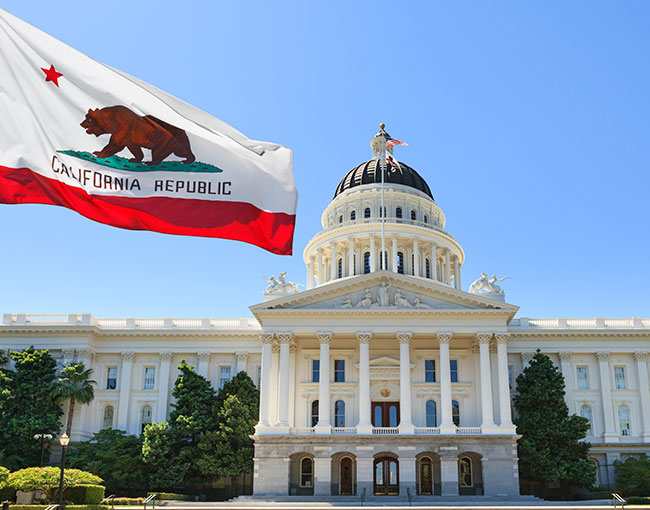Home > Insights > Publications > Employers: Get ready for new California HR laws in 2023 and beyond – 10 things to look out for
As is the case every year, the California legislature has been busy throughout 2022 enacting a host of new employment laws which take effect January 1, 2023, and even January 1, 2024. Here are ten things to look out for in 2023 and in 2024. Please note that based on recent legal interpretations, some of these new laws, as well as existing laws, may apply to out of state employers with only one employee in California
Pay Transparency S.B. 1162 amends California’s Pay Transparency Law to provide that employers must provide the pay scale for any job applicant upon receipt of such a request. In addition, the employer must provide a current employee with the pay scale for the employee’s position upon request. And, employers with 15 or more employees will be required to include the pay scale for a position in any job posting, including those jobs posted on third party sites. Moreover, employers will be required to maintain records reflecting the job title and wage rate history for each employee for the duration of their employment. Failure to follow these new rules may subject the employer to civil penalties ranging from $100 to $1,000 per violation, as well as to PAGA actions.
Employers with 100 or more employees also must submit a pay data report to the California Civil Rights Department annually, beginning in May, 2023. The report must include information on the number of employees by race, ethnicity, and sex, by job position, as well as the mean and median pay rates by grouping. Failure to submit the required report could result in penalties up to $200 per employee.
California Privacy Rights Act Effective January 1, 2023, the provision of the California Consumer Privacy Act (CCPA) that exempts personal information collected in the employment context from most of the statute’s requirements expires. The CPRA does not have the same exemption.
Fast Foods AB 257 creates new obligations for the fast food industry and creates a Fast Food Council with the California Department of Industrial Relations. The Council will have responsibility for setting industry-wide wage standards, working hours and other working conditions for employees working for a fast food restaurant that is part of a fast food chain of 100 or more nationwide establishments.
COVID-19 Supplemental Paid Sick Leave AB 152, effective immediately, expands the right to use 2022 COVID-19 supplemental paid sick leave, originally set to expire on September 30, 2022, through December 31, 2022.
COVID-19 Notices AB 2693 modifies the COVID-19 notification requirements by giving employers the option of posting a notice of potential COVID-19 exposure at the worksite and on existing employee portals, instead of providing a written notice.
Minimum Wage Increase California’s minimum wage will increase to $15.50 for all employees, effective January 1, 2023. Previously, California had different minimum wages for employers with 26 or more employees and for smaller employers. Effective January 1, however, the new minimum wage will be the same for all employers, regardless of size. The minimum wage requirement may not be met just by compliance with state law, however. Employers should keep in mind that some 30 California cities and counties have their own separate minimum wages with different effective dates.
Bereavement Leave AB 1949 provides that employers with five employees or more must allow up to five days of unpaid bereavement leave for the death of a family member, including a spouse, child, parent, sibling, grandparent, grandchild, domestic partner or parent-in-law.
California Family Rights Act (CFRA) AB 1041 expands the reasons for using paid sick leave or leave under the CFRA to include time off to care for a designated person, i.e., any individual related by blood or whose association with the employee is equivalent to a family relationship. An employee can designate this person at the time they request leave. Employers may limit an employee to one designated person in a 12-month period.
Retaliation re “Emergency Conditions” SB 1044 protects employees who refuse to report to, or who leave, a workplace or work site because the employee has a reasonable belief that the workplace or work site is unsafe for reasons other than a health pandemic.
Cannabis and Employment Discrimination Starting on January 1, 2024, AB 2188 protects employees’ off-duty cannabis use under the Fair Employment and Housing Act. The new law will prevent discrimination against applicants or current employees based on off-duty/off-premises use of cannabis. Pre-employment drug testing still will be permitted, however, provided that the test does not screen for CBD or other non-psychoactive cannabis metabolites. Employees still cannot be impaired or use cannabis on the job - the bill does not affect an employer’s duty to maintain a drug and alcohol free work place.
John Viola is a partner in Thompson Coburn’s Labor and Employment practice group.

